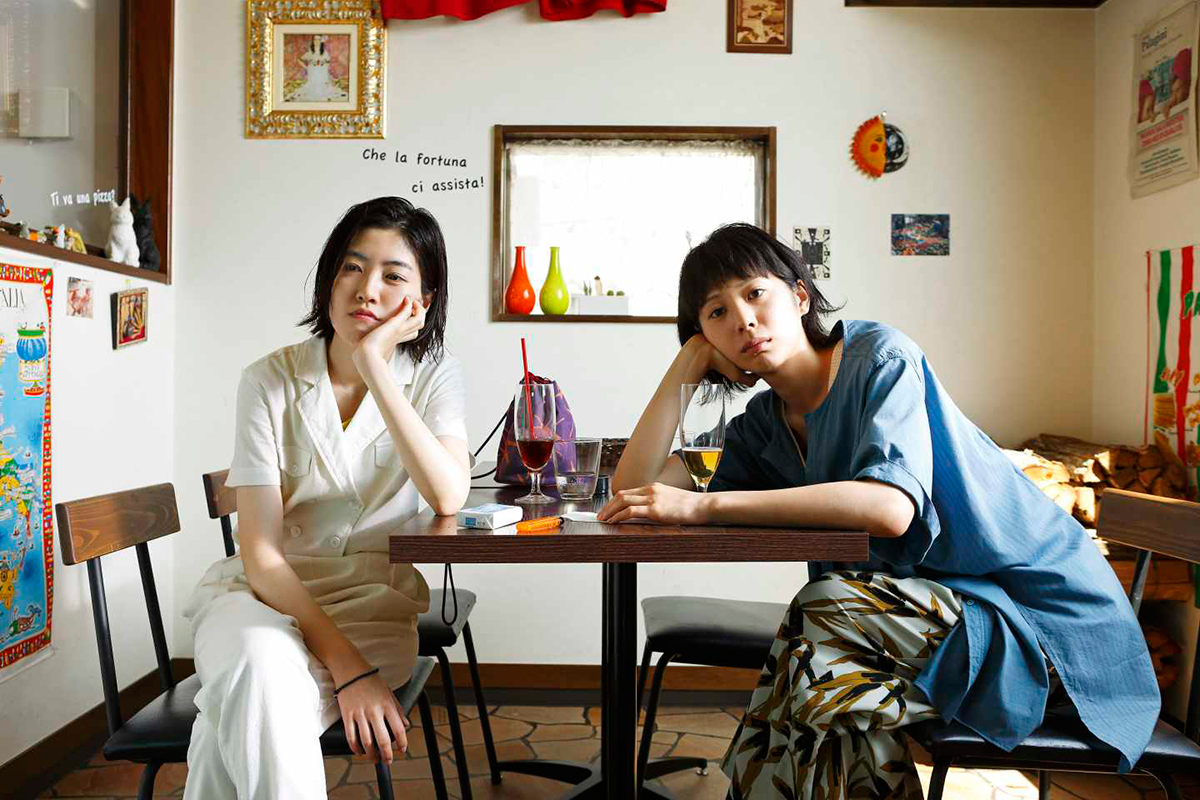30-year-old commercial ads director Sunada seems to have it all: a successful career, a kind husband, and a stylish Tokyo home far from her rural hometown. But everything is not as it seems behind-the-scenes as she grows disconnected from her husband and feels increasingly anxious about her career in a field women seldom rise to the top. In an attempt to escape her frustrations, she impulsively decides to go on a road trip to the hometown she broke free of so many years ago. Along for the ride is her high-spirited best friend Kiyoura, but her reunion with an alienated family will open old wounds and childhood memories that will only complicate matters further.
The story of Sunada is not at all too uncommon. Most people in Tokyo are not from Tokyo, having moved there from other regions, some quite rural, lured either by the dazzle of big city life or the greater job opportunities available there. The fact this is probably true in many other countries as populations continue to shift from rural areas to metropolises lends Blue Hour a definite universality. The story’s viewpoint from the modern, Japanese working woman gives the “homecoming” drama a fresh perspective. Director Hakota Yuko, in her late 30s herself, and a busy commercial ads director shooting commercials for Toyota, Shiseido, and Google among others certainly parallels Sunada in part. And the fact Hakota used her hometown of Ibaraki Prefecture as the backdrop for her debut feature clearly indicates the story is informed by personal experiences. Yet Hakota claims she was not conscious of writing an autobiographical story. Rather she thought a story about regaining the core of what made people who they are now would be more relatable than the “disintegrated family” movies she’d seen all too much. Like many independent movies, Hakota made the movie she wanted to see.
As if acknowledging her take on “the journey home” the Tsutaya Creators’ Program 2016, which aided in its production, awarded its script treatment the Jury Special Award; quite a feat for someone who’d never written a movie script previously (she claims to have bought book about screenwriting to write the treatment). Following completion, Blue Hour won the Best Film and Best Director awards in the Asian New Talents category of the 22nd Shanghai Film Festival as well as the Jury Special Mention at Nippon Connection in Germany. It has also screened in Taiwan, Hong Kong, and New York among others. Hakota hasn’t mentioned what her next movie will be, but regardless of what it will be, her voice is a welcome addition to the diversification of Japanese cinema.

